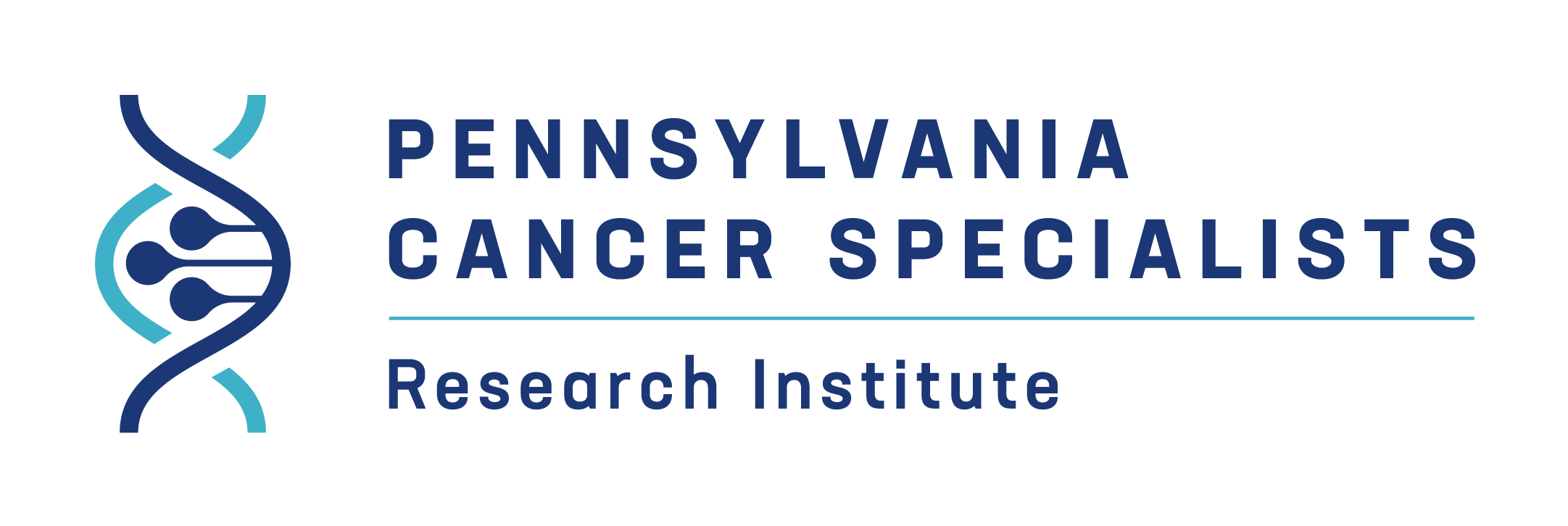What are the Lung Cancer Risks if I Don’t Smoke?
Many non-smokers are surprised when they're diagnosed with lung cancer because many people don’t know about other ways to develop lung cancer. Did you know, about 10-20% of people diagnosed with lung cancer have never smoked? Understanding what puts you at risk is important, even if you've never picked up a cigarette. The truth is, your environment and family history can increase your chances of getting lung cancer, whether you smoke or not.
Did you know that Radon is the second leading cause of lung cancer in the United States and the top cause for non-smokers? This invisible, odorless gas rises from the ground and seeps into homes through cracks in the foundation, walls, and floors. Testing your home is easy and affordable, and if you find high levels, you can install a system to mitigate the problem.
Breathing in someone else's smoke exposes you to more than 7,000 chemicals. Hundreds of these are toxic, and about 70 can cause cancer. There's no safe amount of secondhand smoke; that is why it is so important to avoid it.
Your job might put you at risk if you work with certain materials. Asbestos, arsenic, chromium, nickel, and diesel exhaust can all increase your chances of developing lung cancer. People who work in construction, mining, manufacturing, or with chemicals must wear protective gear and ensure they have adequate ventilation.
If you've had lung concerns before, like COPD, pulmonary fibrosis, or tuberculosis, you might be more likely to develop lung cancer. These conditions cause ongoing inflammation and scarring in your lungs, which can lead to cancer. Taking good care of these conditions and monitoring your lung health is especially important.
Your family history matters when it comes to lung cancer. If any of your close family members have had lung cancer, it increases your risk too. Make sure you talk to your doctor about your family history and risk factors.
Pay attention to the following warning signs:
- A cough that won't go away/coughing up blood
- Chest pain that gets worse when you breathe deeply or cough
- Trouble breathing or wheezing
- Losing weight without trying
- Feeling tired all the time
Though there are warning signs to keep in mind, there are preventative measures that can protect oneself from lung cancer and help reduce your cancer risk. Don't let the myth that only smokers get lung cancer keep you from protecting your health. If you're concerned about your risk or have persistent breathing problems, we know that your team at Pennsylvania Cancer Specialists is here to help.


